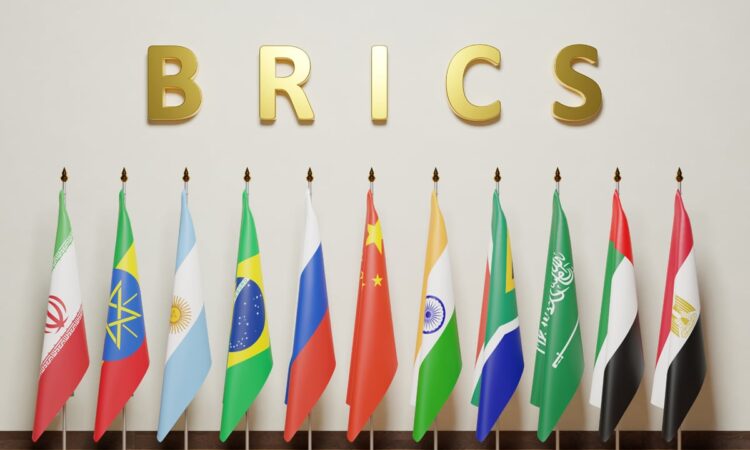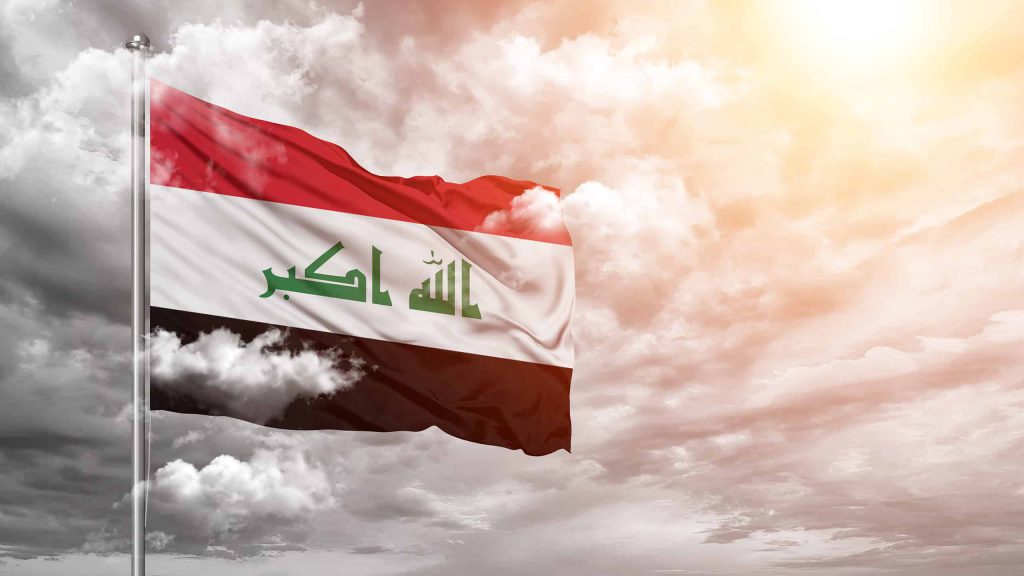
Iraq is moving in tandem with the BRICS philosophy as it banned eight banks from initiating transactions in the U.S. dollar. The Middle Eastern country is cracking down on the U.S. dollar months after it banned all cash withdrawals in the currency. Eight local banks are banned from accessing the daily U.S. dollar auction conducted by Iraq’s Central Bank. The local banks will no longer have access to the U.S. dollar reserves the country’s Central Bank holds.
Also Read: After Pausing BRICS, Saudi Arabia Signs Deal With US Lockheed Martin
Also, the move plays straight into the BRICS playbook where the alliance aims to stall the growth of the U.S. dollar. Read here to know how many sectors in the U.S. will be affected if BRICS stops using the dollar for trade. Moreover, Iraq is struggling to control the black market transactions of the U.S. dollar that’s hampering its native economy.
BRICS: Why Iraq Bans U.S. Dollar Transactions?

Iraq aims to control the fluctuating black market exchange rate, that has been plaguing the country for long enough. However, its main source of hard currency is heavily import-dependent and has become the main point of a U.S. crackdown on currency smuggling to neighboring Iran.
Also Read: BRICS Will End U.S. Dollar Dominance, Says Wall Street
The eight banks that are banned from U.S. dollar transactions in Iraq are:
- Ahsur International Bank for Investment
- Investment Bank of Iraq
- Union Bank of Iraq
- Kurdistan International Islamic Bank for Investment and Development
- Al Huda Bank
- Al Janoob Islamic Bank for Investment and Finance
- Arabia Islamic Bank
- Hammurabi Commercial Bank
Also Read: BRICS To Build ‘Credit Rating Agency’ to Counter US Dominance
Banning U.S. dollar transactions in the BRICS style will also strengthen Iraq’s local currency, the Iraqi Dinar. Additionally, Treasury spokesman said to Reuters, “We commend the continued steps taken by the Central Bank of Iraq to protect the Iraqi financial system from abuse, which has led to legitimate Iraqi banks achieving international connectivity through correspondent banking relationships”.





